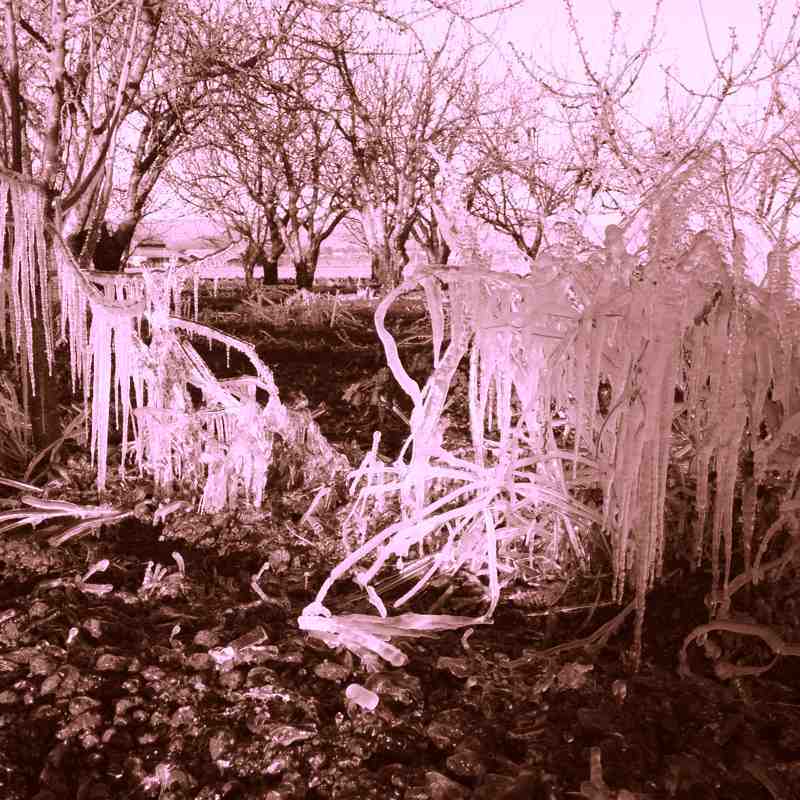
 Photo: Mark degli Antoni
Photo: Mark degli Antoni
I often marvel at how one slim volume of verse can contain so much of the world's grandeur. Book covers, no matter how well designed, barely hint at the epic enchantments that lie within. I savor the moment when I press the spine of a poetry book against my palm and begin to coax free its wondrous secrets.
In truth, not every poetry collection works its rapturous alchemy between the sheets of printed pages. As in life, some packages disappoint. But the ones that deliver on deep delight do so hugely. They are worth waiting for. They are worth savoring. They breathe. They stir. They sing. They linger. Pity the Beautiful is a shining example.
Dana Gioia's long-awaited collection of new poems is a gentle stunner. As varied in subject and voice as these verses are, each reflects a reverence and kindness that is rare in modern writing of any form. The elegance of the poems' rendering is remarkable, but it is evident that this careful craftsmanship is driven by respect for the reader and the sacred mysteries of human experience, rather than the artist's need to impress. The poems do impress, yet how rare to be shaken by beauty as homage instead of display. This is only one of the quieting lessons one can draw from Pity the Beautiful.
In Gioia's new work, humility, self-awareness, and awe flow freely in lines that beeline for and strike hard at the universal question of choices -- how we resolve them -- in fact and in our minds (often the tougher task).
In "The Apple Orchard," the memory of a spring-time walk shared by a man and woman, who had "been in love but never lovers," ends with the man reflecting on why he drew back from the urge to embrace her, asking:
What more could I have wanted from that day?Everything, of course. Perhaps that was the point - To learn that what we will not grasp is lost.
There is a haunted quality and subject matter to several of the other poems. To consider one's life carefully enough to be attentive to implications though, isn't that fundamental to the nature of thinking, feeling beings? Not only face one's choices, but to own one's need to make some kind of peace with the ghosts, that is a blessing of sorts.
Another poem that haunts me with both its grace and its insight is "Prophecy."
For what is prophecy but the first inklingof what we ourselves must call into being?
Just sit with that for a moment. Where does it place you in the balance of your days? Each time that I read "Prophecy," I find myself in silent prayer for one of its invocations: "grant us only what we fear..."
But perhaps the poem that has for me burrowed in the farthest is "The Lunatic, The Lover, and The Poet." The title comes from A Midsummer Night's Dream, in a passage in which Shakespeare suggests that these three types are "of imagination all compact." In other words, they're all bonkers. Yet their particular madness is the brilliance of being able to shape the world from within their own imaginings. Gioia's poem carries this vision through in his gorgeous double love sonnet (a fresh form born of his own imagination). It is the words exchanged by lovers that make life real for them. What's more, the future depends upon their "intimate palaver," as it is through storytelling, as through lovemaking, that we call each other, ourselves, and new life into being.
It's not fair to paraphrase such a perfect poem, so please do treat yourself and read it through or, better yet, hear it in Gioia's own voice. I am captivated by this notion that: "We weave/The fabric of our own existence out of words,/And the right story tells us who we are." I do believe that we must see possibility before we can conjure it. When we lose our ability to imagine alternative tales, the body becomes a prison from which the mind can't escape. This is why, to me, Don Quixote is perhaps one of the most important works of literature that we have. The Ingenious Gentleman's capacity for illusion and ardor, even in the face of ridicule and scorn, suggest that nobility of purpose need not be tethered to orthodoxy or commonly perceived reality. As Gioia would say: "There is no naked truth but what we wear."
This extravagance of faith in human imagination is the root of all good. It is the source from which our greatest achievements and inventions have sprung. I speak not only of historical and artistic heroism and genius, but of the common creations that each one of us produces. When we begin to see the world as a place of possibility, we kindle a yen to make it so, and we start to the act of invocation. Call out to the strange and admirable. Grow them in your hearts. Look only inside and now. Search not the distance.
As the voice in Gioia's "The Road" warns:
He sometimes felt that he had missed his lifeBy being far too busy looking for it.
Declare. Life is on the tip of your tongue.
